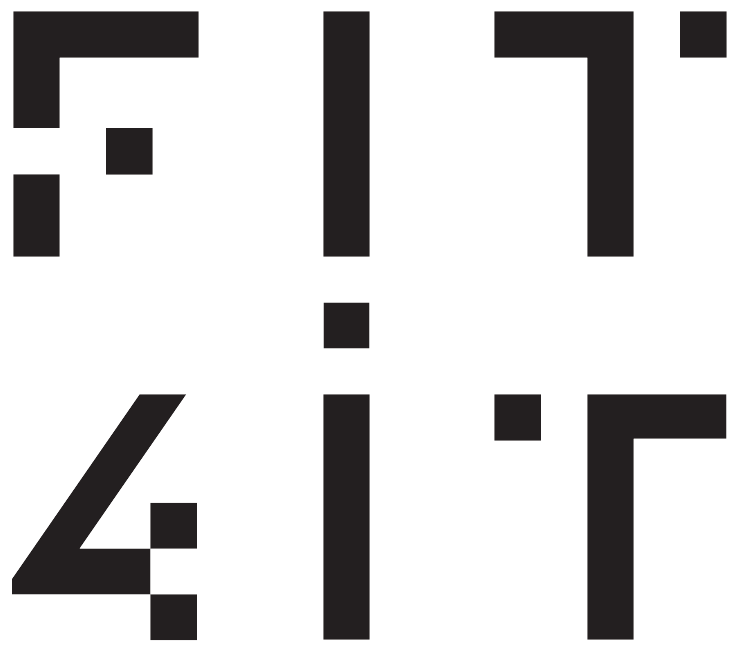Since Dubai’s fitness industry is growing fast, the government closely monitors health professionals. This also means one must meet specific legal and educational standards to become a personal certified trainer in Dubai. This guide explains which certifications are accepted, the legal steps you must follow, and what to expect as you enter the personal training field.
Why Certification Matters In Dubai
Working as a personal trainer in Dubai without official approval is against the law. The Dubai Sports Council and REPs UAE insist that all trainers have valid, internationally recognized qualifications. Without this, you risk fines or bans from gyms.

A personal trainer
Similarly, proper credentials prove you understand anatomy, program design, and injury prevention. Hence, certification is the first and most important step if you plan to train in gyms or offer private sessions.
Personal Trainer Certification Requirements In Dubai
Since the rules are strict, your course must be internationally accredited to meet Dubai personal trainer certification requirements. As the basic criteria, you must hold a minimum of a Level 3 Diploma in Personal Training to establish a career in the country. Apart from that, these are some of the most recognized certifications:
- NASM (National Academy of Sports Medicine)
- ACE (American Council on Exercise)
- ISSA (International Sports Sciences Association)
- NSCA (National Strength and Conditioning Association)
- Active IQ Level 3 Certification in Fitness Instructing and Personal Training
These programs cover anatomy, physiology, client assessment, and customized workout planning. Most also include business modules for freelance trainers. Similarly, their completion time ranges from 3 to 6 months, depending on your schedule and the program type.
Requirements To Register With The Register Of Exercise Professionals
REPs UAE has outlined various requirements for registering as a professional trainer in the country. These are the things and the requirements that you need to fulfill to register yourself as a certified professional:

Dubai has strict legal requirements to register as a personal trainer
- Fitness Education Certificate
- Your Current Fitness Industry Specific CV
- First Aid / CPR Certificate
- Passport Size Photo
Once you have all these things, download the registration form and fill in the details to submit your application.
Fee To Register As A Professional Fitness Trainer in Dubai
You need to pay a small yearly fee to ensure your registration with REPs stays active. Gym instructors, personal trainers, Pilates and yoga instructors have to pay AED450 per year. On the other hand, group fitness and aqua instructors are charged AED400 per year for their license.
License Requirements To Work As A Personal Trainer
One must also get a proper license to legally operate as a certified trainer in Dubai. In general, you will need the following two licenses:
- For Freelance Work: A personal trainer license with the General Authority of Youth and Sports Welfare
- For Business Work: A trade license
Before applying for a trade license, ensure you have the following required documents ready with you:
- Identity proof and a valid address
- Passport-size photographs
- Copy of the passports
- Business plan
- Copy of trade name registration
- Memorandum of Association (MOA)
- Articles of Association (AOA)
How To Stay Certified And Competitive
To remain eligible for REPs UAE, you must complete Continuing Professional Development (CPD) credits every year. These courses cover nutrition, mobility, advanced strength training, or client coaching. They improve your skills and keep your REPs status active. Many trainers also earn additional qualifications like:

Complete CPD to stay competitive
- Level 4 Strength and Conditioning Coach
- Pre and Postnatal Fitness Trainer
- Youth Fitness Specialist
These advanced certifications increase your credibility and help you attract a niche clientele in Dubai’s competitive market.
Job Opportunities For Certified Trainers In Dubai
Once certified, you can work in fitness centers, hotels, private gyms, or as a freelance trainer. Salaries vary, but personal trainers in Dubai can earn between AED 8,000 to AED 25,000 monthly. The cost of a personal trainer depends on location, experience, and client base.
Freelancers often earn more but must cover their own business expenses. Working in a gym may provide a stable income, especially for new trainers. In either case, being certified opens many professional doors.
The steps to become a certified personal trainer in Dubai are clear and strictly enforced. To work legally, you need a REPs UAE-approved certificate, a valid visa, and professional insurance. Top programs like NASM, ACE, and ISSA provide the knowledge and credentials you need.
Was this helpful?
Good job! Please give your positive feedback
How could we improve this post? Please Help us.






No Comments